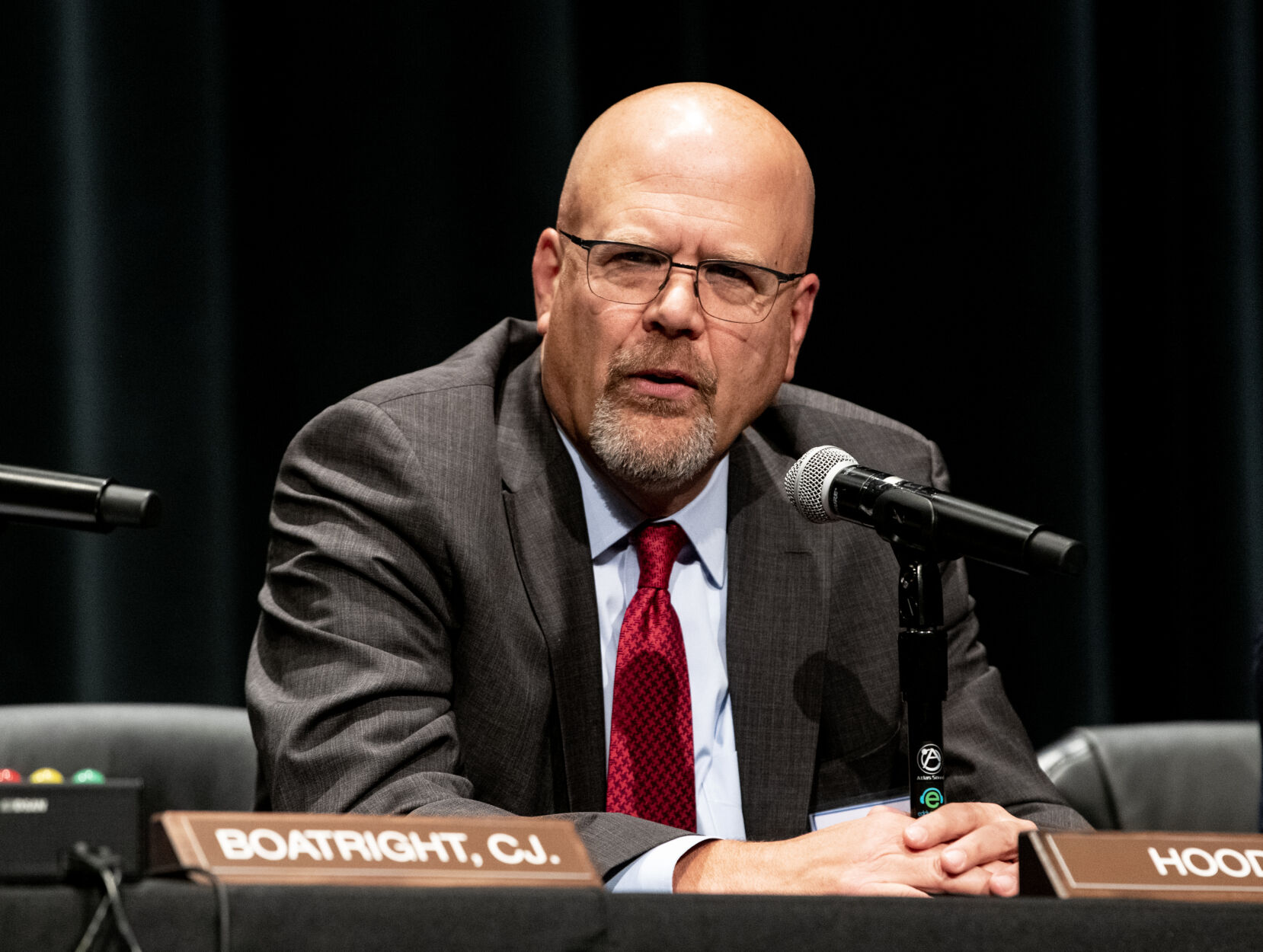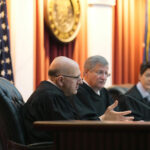Colorado Supreme Court upholds Boulder bike thief’s restitution to victim

The Colorado Supreme Court on Monday upheld the $2,394 in restitution a Boulder thief owed for damaging his victim’s car as he fled, rejecting the argument that the victim’s actions actually caused the damage.
In the process, the justices also clarified defendants have to clear a high threshold when challenging a trial judge’s finding that their actions caused monetary harm to their victim.
Arnold Roman Martinez stole a bicycle from his victim’s garage and rode away, but the victim reacted quickly enough to give chase. Driving alongside Martinez, the victim turned in front of him, causing Martinez to crash the bicycle into the car. The collision caused over $2,000 in damage to the vehicle, which a Boulder County judge ordered Martinez to pay.
Colorado’s restitution law generally requires judges to consider financial compensation criminal defendants may owe their victims for injuries caused by their conduct. The state’s Court of Appeals agreed the decision by Martinez’s victim to turn in front of him to cut off his escape was a foreseeable consequence of the bike theft.
“It defies logic to claim that, once the victim’s car was parallel to Martinez, the victim would simply back off and allow Martinez to speed away on the victim’s $6,000 bicycle,” wrote Judge Lino S. Lipinsky de Orlov in 2022.
Before the Supreme Court, Martinez’s attorney argued it was actually the victim’s fault that Martinez damaged the car.
“The law shouldn’t encourage these kinds of vigilante acts of property recovery when they endanger other people,” said public defender Meredith K. Rose.
The Supreme Court acknowledged a judge could potentially conclude the victim acted recklessly by turning in front of Martinez. But it was also logical to believe the victim simply wanted Martinez to stop fleeing, not to cause a collision.
“Martinez was involved in events leading to the collision: He was still ‘in the act of stealing the bicycle,’ and he was riding parallel to (the victim) and could have stopped,” wrote Justice William W. Hood III in the Feb. 5 opinion.
The Supreme Court also addressed the standard appellate judges should use when reviewing a trial judge’s conclusion that the defendant caused the victim’s injury. Martinez advocated for allowing appellate judges to take a fresh look at certain parts of the decision, rather than defer to the trial judge entirely.
The majority of justices agreed the proper standard is deference to the trial judge throughout. Only “clear errors” will call the judge’s decision into question.
Justice Richard L. Gabriel wrote separately to disagree with applying clear error when looking at causation in restitution decisions. He noted clear error is the standard for factual findings, but legal conclusions are looked at anew.
“In my view, these matters do not present factual questions. To the contrary, they involve the analysis of highly complex questions of law,” Gabriel argued.
However, even under his proposal, Gabriel determined that while “the victim’s actions were perhaps unwise and should not be encouraged,” they were not the cause of the vehicle damage.
The case is Martinez v. People.













